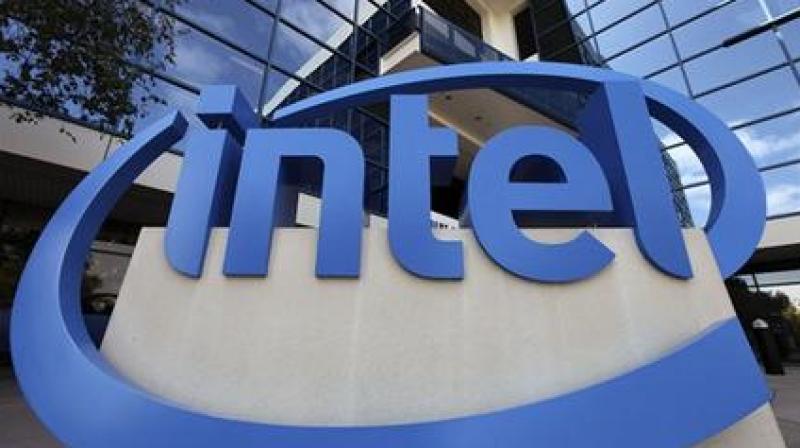Indian wins top intel science award in US
4 Indian-Americans received top awards in various categories, more than 1700 students from across the world participated in the competition.

Washington: An Indian boy has won the world's largest pre-college science competition in the US in the environmental engineering category for his project on bio-degradation of pesticides.
Prashant Ranganathan, a 12th grader from Jamshedpur, along with over 20 high school students from various parts of India, participated in the Intel International Science and Engineering Fair.
"My project will actually help farmers in biodegrading the pesticide which is plaguing the country," Prashant said after he was declared winner in the environmental engineering category at this years' competition.
Four Indian-Americans received top awards in various categories. In all, more than 1700 students from across the world participated in the week-long event which concluded on Friday.
Student of Carmel Junior College in Jamshedpur, Prashant's project 'Biodegradation of Chlorpyrifos using native bacteria' said that farmers should not use pesticides.
Prashant who bagged the coveted award for his innovation for fighting against pesticide and getting rid of its side effects through biodegradable use.
"In almost all the states, like Uttar Pradesh and Punjab, Haryana and Bihar and Jharkhand, there's extensive farming.
Using excessive amounts of pesticides, is affecting the health and the environment around them," he said. While the topmost Gordon E Moore Award of USD 75,000 went to Ivo Zell, 18, of Germany for designing and constructing a remote-control prototype of a new "flying wing", almost participants of the Indian delegation returned from the annual competition with one award or the other.
"India really boasts really extraordinary mathematics, science, physics, education," Maya Ajmera president and CEO of Society for Science and Public, said. In fact, every section the award ceremony had the budding Indian scientists on the stage.
So were the Indian American high schoolers, promoting one of the Intel official to say "Indians and Indian Americans rock today" as the awards ceremony concluded at the Los Angeles Convention Center in downtown Los Angeles.
Indian-American Pratik Naidu from Virginia bagged an award in the category of computational biology an bioinformatics, Adam Nayak from Oregon was declared the winner in earth and environmental sciences, Karthik Yegnesh from Pennsylvania in Mathematics and Rahul Subramaniam from Connecticut in the microbiology category.
As a result, Indians and Indian Americans accounted for nearly one-fifth of the top categories of the awards."I think that many generations of Indian scientists and engineers and computer scientists, have truly paved the way of this generation of young people doing extraordinary things,"Ajmera said referring to the incredible and innovative projects of Indian students who participated in this year's science competition.
For instance, a sister-brother team of Sairandi Sathyanarayanan & Sacheth Sathyanarayanan from the National Public School in Chennai have invented a gearbox that generates electricity when a fisherman's boat is lying idle in night, which they said is enough to meet the energy needs of a fisherman's house for a day. The team not only received accolades from the judges but were on the stage Friday for receiving awards in various categories.
Shinjini Ghosh, a 12 grader from South Point High School, Kolkata was recognised for developing a language identification kit based on the variations in intonation using discrete markov-chain model.
Similarly, Sahithi Pingali from Inventure Academy, Bangalore received multiple awards for developing a new approach to monitoring lakes in developing countries in a crowdsourcing environmental science.
Kunj Siddharth Dedhia, from the Dhirubhai Ambani International School in Mumbai have developed a smartphone application based on user feedback for cyclists to reduce incidence of lower back pain, while Chaitanya & Geeve George from the Little Rock Indian School in Udupi received an award for developing a smartphone aided multispectral imaging system.

